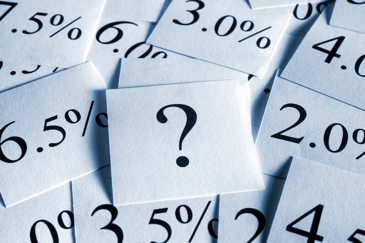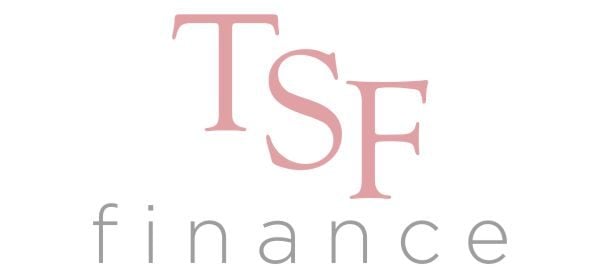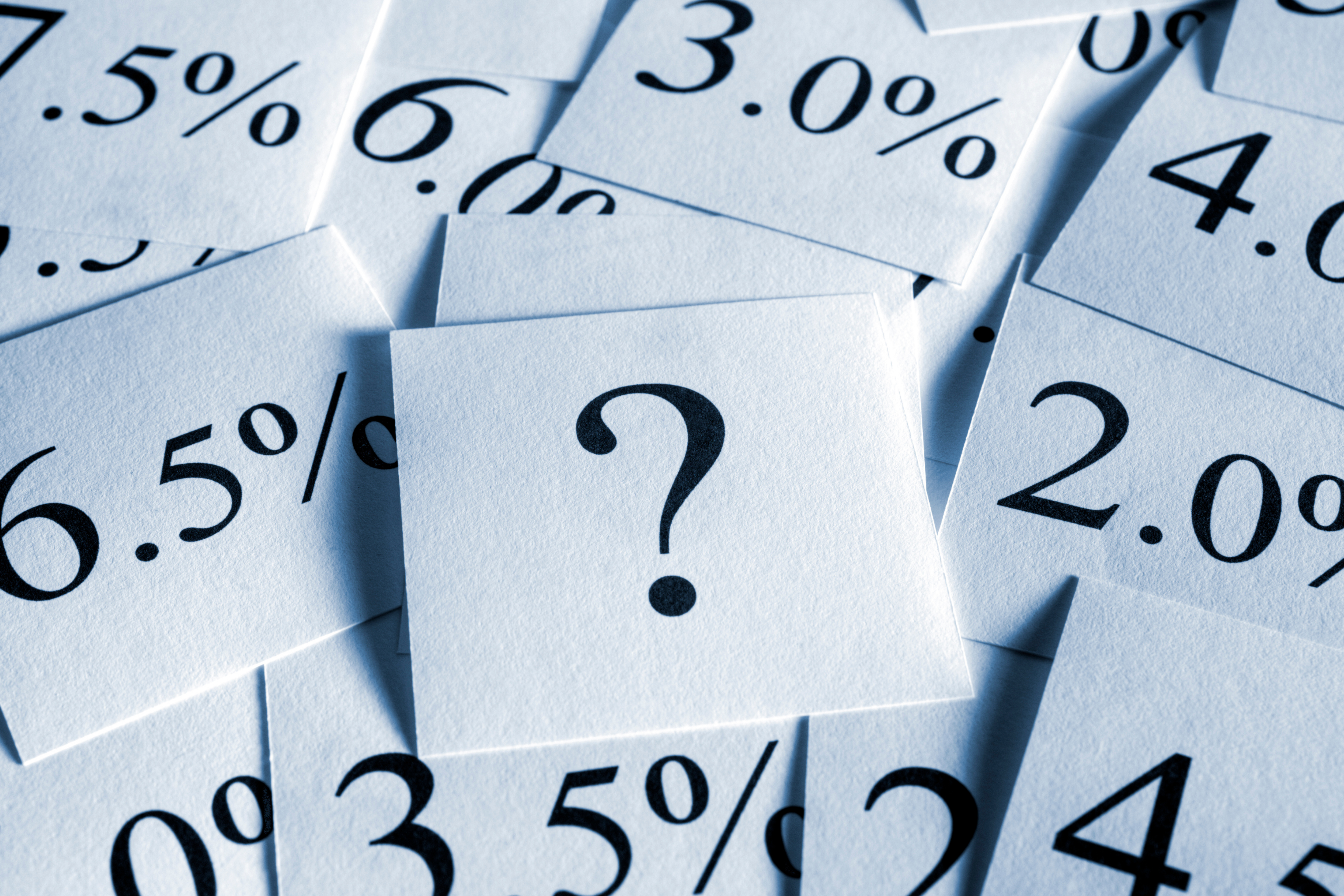The coronavirus pandemic has led to unprecedented times for global business. In the UK, there was a heavy reliance on government funding to help SMEs and large organisations to make it to the other side.
The Bounce Back Loan Scheme was introduced in April 2020 and provided £46 billion in funding for UK businesses. This was then backed up by last month’s Recovery Loan Scheme that was intended to further help companies with everything from managing cash flow to supporting growth.
However, this type of financial support from the government is likely to cease this year with an alarming amount of debt already amassed. What is going to happen when businesses are left to search for alternative funding sources? How will this impact interest rates? How will your business cope if interest rates were to rise?
The initial response
In response to the pandemic, the Bank of England slashed interest rates to 0.1%. This extended to both banks and building societies, providing long-term funding with interest rates at 0.1% or “close to” that percentage. This is the lowest base rate seen in history – and the Bank of England is even considering going with negative interest rates in the hope of kickstarting the UK economy.
With that said, you only have to look at the stark contrast between the terms of the Bounce Back Loan Scheme (BBLS) and Recovery Loan Scheme (RLS) to see not everything is rosy. The BBLS featured generous terms that include no interest rate during the first year of the loan. In comparison, last month’s RLS comes with interest rates that rise to 15%.

Even though steps have been taken to keep interest rates low, those who decide the rates are becoming increasingly split on whether it is the right approach to take. This is why you need to be aware of how high-interest rates could impact your business in the future.
The effect of higher interest rates on your business
As you would expect, there are several knock-on effects caused by higher interest rates for businesses.
For example, say you own mortgaged £200,000 property that is on a variable rate. If the interest rate were to increase by just 1%, this means your business will need to find a further £2,000 each year to cover your mortgage payments.
Perhaps the most damaging change, however, is that higher interest rates will generally lead to a significant drop in bank lending. With higher interest rates attached, loans are a riskier proposition for banks. As a result, the criteria for loans become increasingly stringent, and only businesses with a long-standing history and strong credit rating are likely to be approved.
While it’s easy to focus on all the negatives, higher interest rates are not all bad. The value of the pound will tend to increase at the same time as rates go up. This is beneficial if your business imports goods, for instance – although not so much if exporting is a big part of your trade.
How a financial broker can assist with this issue
Higher interest rates for business loans could have a massively detrimental effect on your company. This is why it makes sense to work with a reputable financial broker like TSF. Not only will we be able to find you the best interest rates despite the general rate increases, but we can also put you on the path towards alternative funding if traditional bank lending is no longer an option.
If you need further support after government funding has dried up post-pandemic, TSF also has the expertise to get you back on the right path with the best loan product for your needs.












